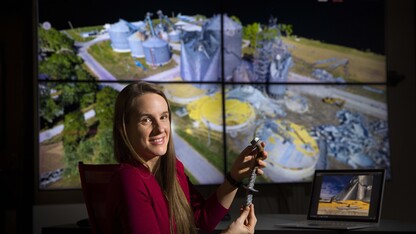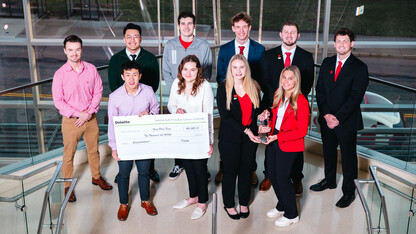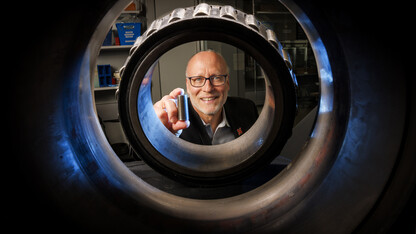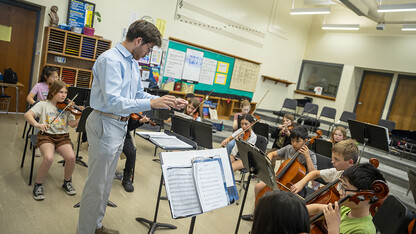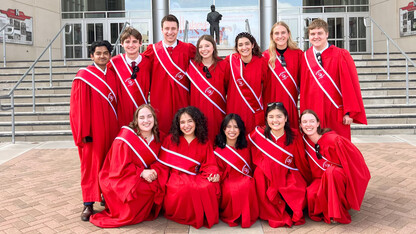· 3 min read
Stanford’s Morris to present two free lectures
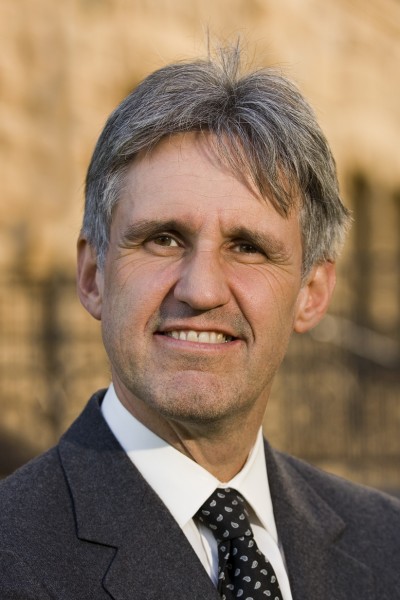
Stanford University’s Ian Morris will present two free public lectures on intellectual history and archaeology in Omaha and Lincoln.
His first lecture is at 2 p.m. April 10 at Joslyn Museum of Art in Omaha and is titled “What did the Greeks and Romans ever do for us? Putting classical civilization in perspective.” This lecture reviews the evolution of our modern American relationship with classical civilization and questions whether we really owe as much as we think we do to the ancient Greeks and Romans.
The history, politics and material culture of ancient Greece and Rome occupy a prominent place in the western imagination. Their influence has been cited as essential in shaping aspects of American life ranging from politics and the law to morality and ethics to architecture and art, and everything in between.
Following the lecture, a reception with refreshments will be held in the Joslyn for attendees of the lecture and others interested in an opportunity to engage Morris personally.
The second lecture is at 5:30 p.m. April 11 in Sheldon Museum of Art’s Abbott Auditorium and is titled “Each age gets the thought it needs: Why tyranny, inequality and sexism sometimes seem fair.” The lecture will be based on his most recent book, “Foragers, Farmers, and Fossil Fuels: How Human Values Evolve,” which grew out of the Tanner Lectures he gave in 2012 at Princeton University’s Center for Human Values.
Morris offers an entirely new theory of human culture and thought, connecting the fundamental economics of how people generate energy from the physical world to the development of particular moral and ethical views on how society should work.
Morris is Jean and Rebecca Willard Professor of Classics and a Fellow of the Archaeology Center at Stanford University. He has published 14 books, including “Why the West Rules—For Now: The Patterns of History, and What they Reveal About the Future,” “The Measure of Civilization,” and “War! What is it Good For.” His books have been translated into 16 languages, have won several literary awards and have been chosen as best books of the year by the New York Times, The Economist, Foreign Affairs, the Financial Times, Newsweek, Nature and other outlets.
He has won many awards, including Guggenheim and Carnegie fellowships and a Stanford University Dean’s Award for Excellence in Teaching, and is a Fellow of the British Academy and a contributing editor at Stratfor, a strategic forecasting company.
Morris’ visit to Nebraska is sponsored by the Departments of Classics and Religious Studies, Anthropology, Philosophy, Political Science, Art and Art History at UNL, along with the Program in Global Studies, the University of Nebraska-Lincoln Research Council, the Lincoln/Omaha society of the Archaeological Institute of America and the Creighton University Committee on Lectures, Films and Concerts.
